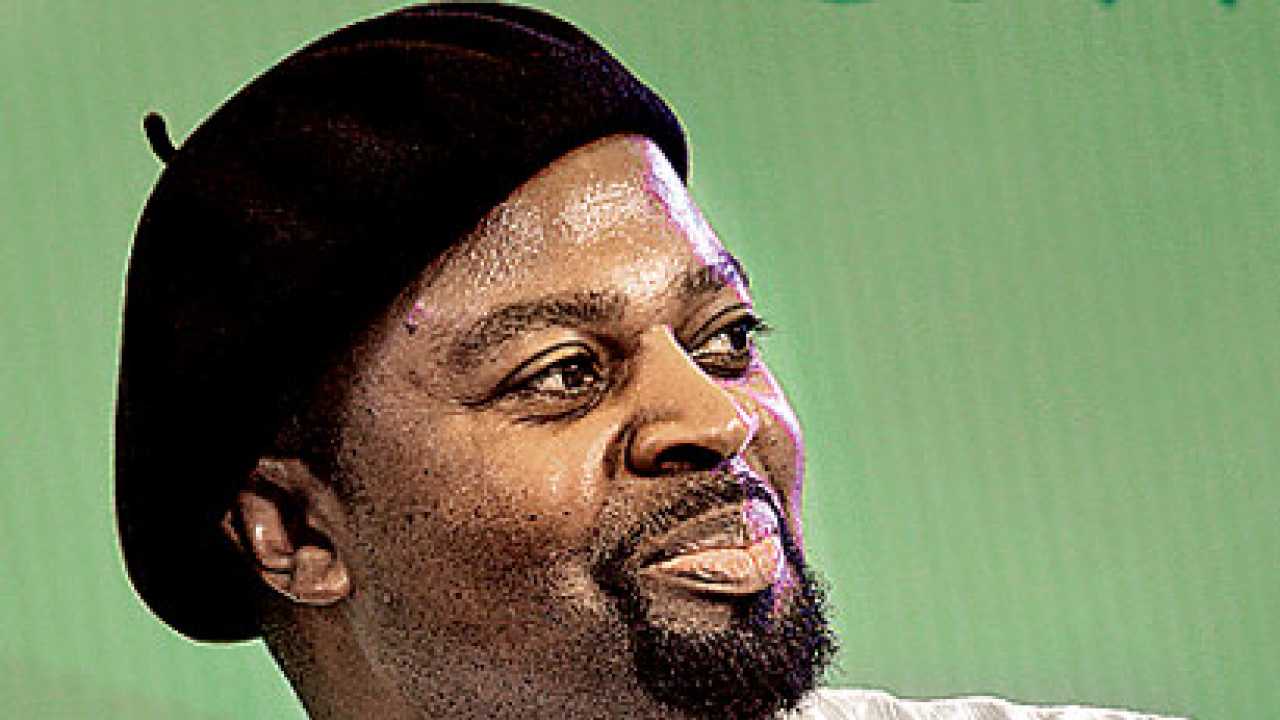
The otherwise mild-mannered Nigerian writer Ben Okri gets agitated to the point of stuttering while talking about how oil companies are ruining his homeland. In an interview, the winner of the 1991 Booker prize tells DNA that citizens can’t just delegate responsibility and sit back. Excerpts:
How do you define your work?
It began by being traditional. The more I looked into the problems of literature, the more fascinated I was by questions of consciousness and reality because everything comes down to these. But the traditional forms we have pretend it is the only way that reality can be presented. I came to realise that the reality I saw could not be represented in a traditional way. I thought, how to get literature to open up to all the possibilities of reality as I saw it? It meant breaking down the forms. It’s been a quest for freedom, freedom in form and technique, and I’m driven by the sense that we human beings are more mysterious than we appear to be. It’s a real challenge to capture the mystery of one human being.
How would you say your writing is different from other Nigerian writers like Chinua Achebe?
I have great respect for Chinua Achebe and other Nigerian writers, and they’ve been an important part of my writing life. If there’s any difference, it is that maybe I am less fascinated by history than with experience. I’m more interested in the texture of lived life than with big history. History to me is very abstract. I’m more interested in how all the big things leak into the small things. For instance, in my book Dangerous Love, I was trying to show the life of a few people naturally. I wanted politics, economics, history, dreams, spiritual dimension, and culture to be, but naturally. It’s the layered texture of ordinary experience.
You’ve written essays, poems, short stories and novels. Which genre are you most comfortable with?
It depends what day you catch me on. Today, it’s poetry. I’ve got a book of poems coming out after 17 years.
How do you react to the oil industry’s effects on the Nigerian economy?
I condemn oil companies for the damage they do to our economy, to rural communities, for taking and not putting back. But our governments allow it. If the government did not allow them to do that, they wouldn’t. There’s a complicity of government, a complicity of the state in this process. If the state does not want ecological disasters brought about by oil companies, it’s not difficult for them to have precise laws to stop this from happening. As we speak right now, I can tell you of many governments throughout Africa that are allowing many things that in 10-15 years will come back and explode in their faces. It’s happening here in India too.
And we citizens somehow sleep through this. We have to be vigilant and vocal. We can’t just delegate responsibility and then live our lives.
One of these oil companies was a sponsor of this festival last year. How do you feel being a part of a festival where Shell was a sponsor?
It depends on whether Shell itself is now becoming more aware of its responsibilities around the world. You know, these companies can actually be made to work positively for the people.